Posted on 3/28/2023

As a local auto repair shop, Elite Auto Experts is committed to giving back to our community. That's why we're proud to sponsor and participate in the upcoming Cy-Fair ISD Fun Run, a community event that promotes health and wellness for students and families. On Saturday, April 1st, our team and their families will be joining the fun run to show our support for the Cy-Fair school district. After the event, we'll be heading back to our shop to take pictures in our matching team t-shirts, and then we'll be enjoying lunch at a nearby restaurant. We're excited to show our commitment to our community and have some fun in the process! At Elite Auto Experts, we believe that supporting our community is a key part of our mission as a local business. That's why we're always looking for ways to give back, whether it's through sponsoring events like the Cy-Fair ISD Fun Run or supporting local charities and organizations. We're also committed to providing the ... read more
Posted on 3/22/2023
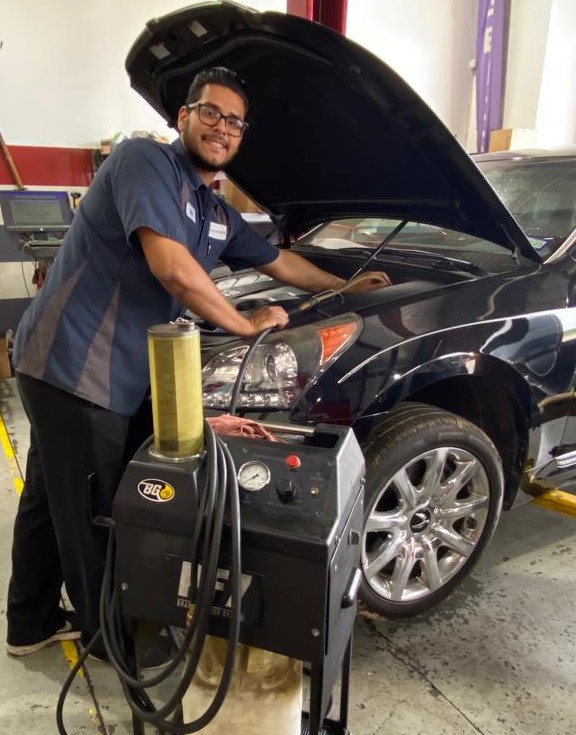
Your car needs fluid flushes because, over time, the fluids in your vehicle's various systems can become contaminated with dirt, debris, and other contaminants that can cause them to break down or become less effective at doing their job. Fluid flushes help to remove these contaminants and replace the old fluid with fresh, clean fluid, which helps to keep your vehicle's systems running smoothly and efficiently. Here are a few examples of the different types of fluid flushes your car may need: Transmission fluid flush: This fluid can become contaminated which can cause it to break down and become less effective at lubricating and cooling the transmission. Coolant flush: Coolant can become contaminated which can cause it to lose its ability to cool the engine properly. Brake fluid flush: This can become contaminated with moisture, which can cause it to boil and reduce its effectiveness at stopping the vehicle. Power steering fluid flush: Over time, power steering fluid ... read more
Posted on 3/7/2023
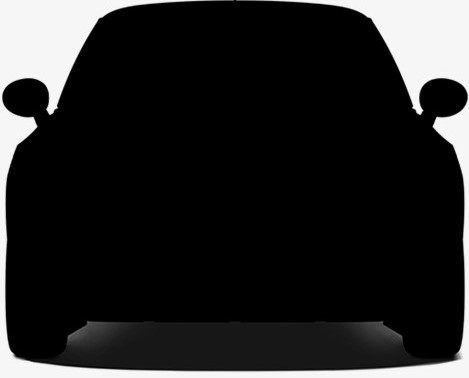
What car should I buy? “What Car Should I Buy” There are many options on the market right now that can be overwhelming, from small vehicles like Hatchbacks to big SUVs with 3-Seat Rows, using gasoline all the way to Electric. It will all depend on the use you will give it, if you need it for daily duties, the functionality should prime. There are some considerations that you can look into like: how many Passengers, the long commute, Vehicle Features, and Cargo Capacity. If you have little children another aspect of your car is Safety and if it allows installing a Child-Seat. Set your Budget, cash or credit, cost of depreciation, “Car insurance”, maintenance, and fuel. Consider your monthly expenses and how much you can comfortably afford to spend on a car. Look for used cars and set up a driving test. This will give you a feel for the car's handling, comfort, and overall driving experience. Take the car for a spi ... read more
Posted on 2/21/2023
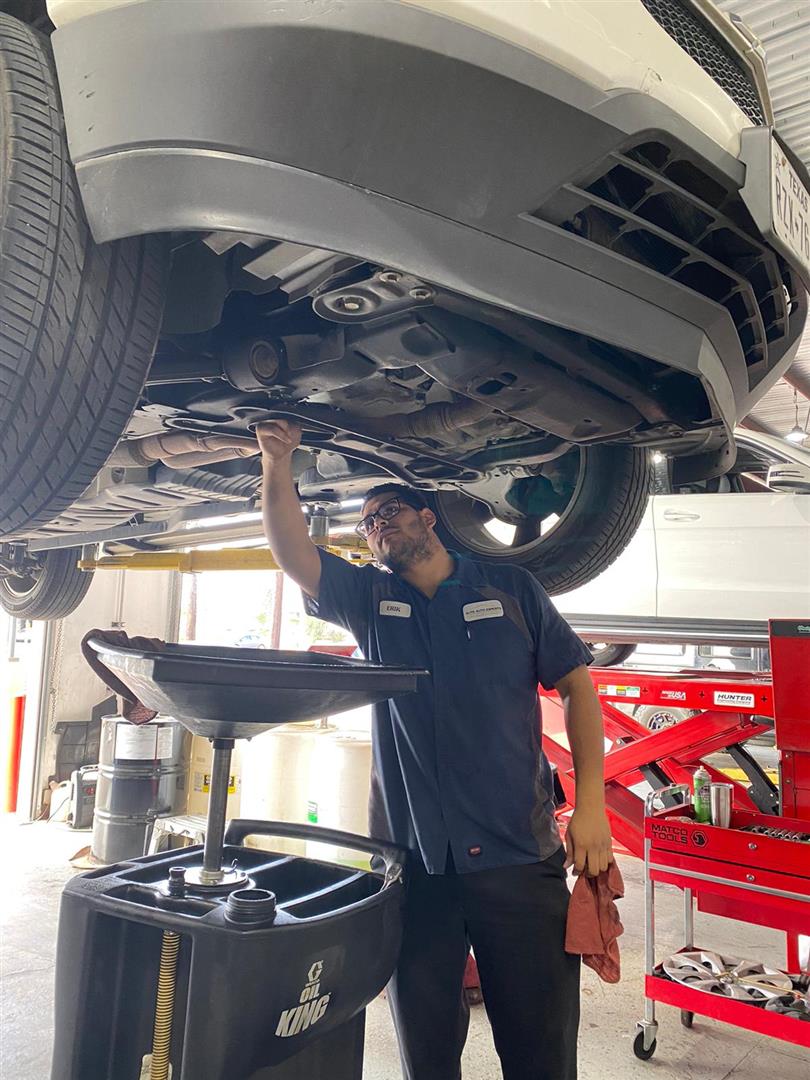
"How Often do I Need to Take my Car to Maintenance" Vehicles that are Newly Made Models have a Maintenance reminder system on the Dashboard that shows you when services are needed Oil Changes, Filter Replacement, and fluid level checks. Tracking mileage, and the conditions under which your car is being operated to give a more accurate picture of what service is needed and when. It’s essential to consult your owner’s manual for your car’s specific needs because service schedules vary from each vehicle range, here we offer a list of the common mileage services: Change Oil and Rotate Tires every 6,000 miles Replace the Battery and Timing Belt every five years Flush the Steering System and Fuel filter every 30,000 miles Change the fluid and the filter every 60,000 miles in with Automatic transmission Change Spark plugs every 40,000 miles Replace the Air filter every 15,000 to 20,000 miles Go to your Auto Repair Near Me or ... read more
Posted on 2/13/2023
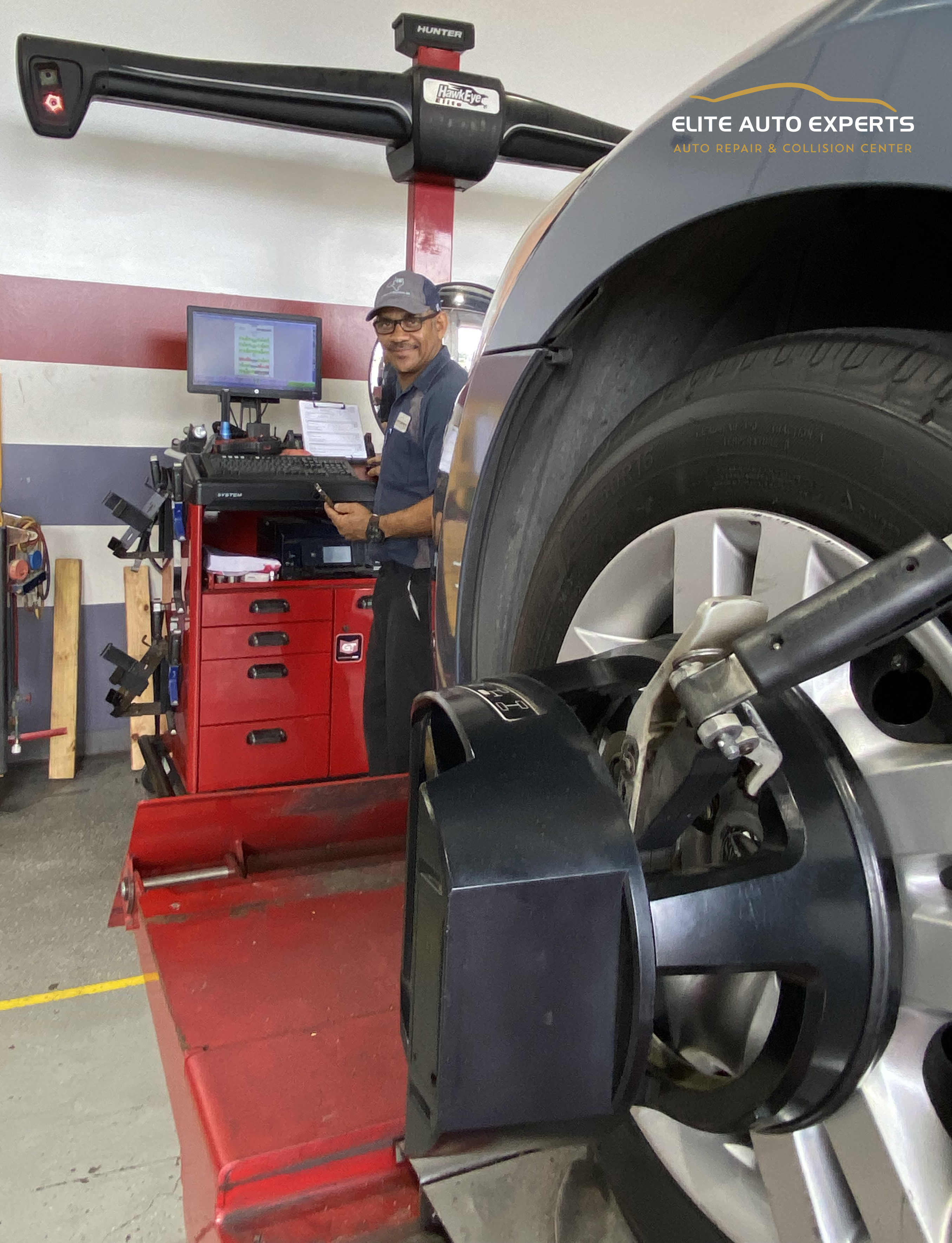
To help your tires perform properly, help them last longer, and keep your vehicle from pulling in one direction or vibrating on the road are some reasons to make a tire or wheel alignment. Wheels could come out of alignment with even a minor accident or with something so simple as hitting potholes or even bumping a curb. Not performing a wheel alignment can lead your tires to uneven tire wear, and diminish your suspension quality. In addition to this, there is more risk to you as a driver and to others around you. Wheels alignment needs to be made periodically. It is recommended to schedule an alignment every other oil change, or approximately every 6,000 miles. When the alignment it’s being performed, your vehicle is put on a rack and the wheels are rotated and adjusted, so they're properly aligned to fit your vehicle and the manufacturer's recommendations. The wheels can have camber, caster, and toe adjustments with the alignments. The staff at Elite Auto Experts w ... read more
Posted on 2/6/2023
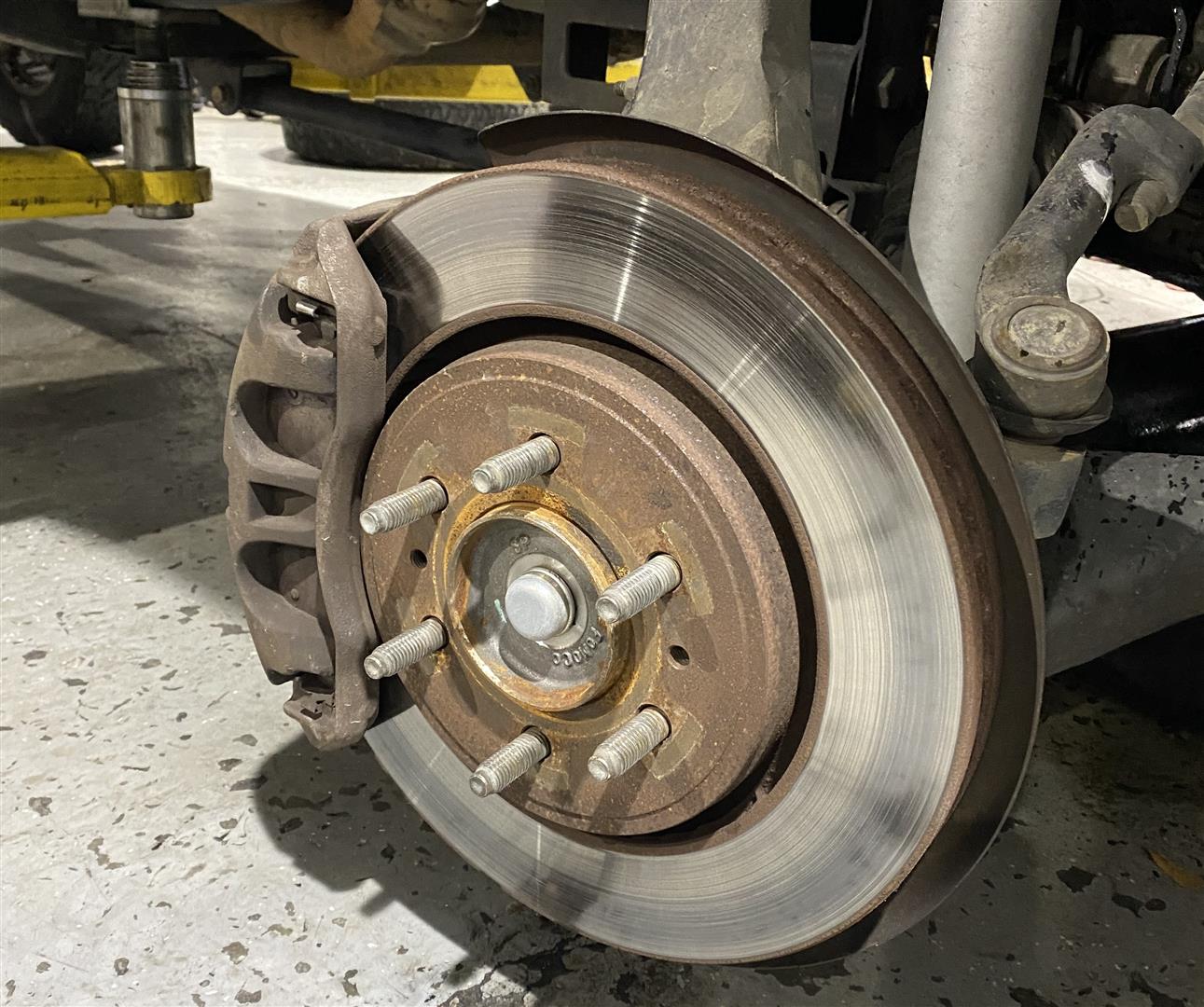
If when stopping or slowing down you hear grinding noises, your brake pads are most likely the issue. Over time your brake pads lose their thickness and you'll hear a grinding noise as they wear down further, the squealing noise also called “brake scrubbing”. This is because of the lack of pad material in the brakes making the rotor disc and caliper rub against one another. The rotors and pads become metal to metal. This friction can result in serious damage if not resolved immediately. If you hear your brakes grinding when traveling at a steady speed that may be due to rocks between the caliper and the rotor. This is most common when traveling off-road. You can still drive when your brakes are grinding, but it is not safe and it could make the issue worse and increase the cost of repair. To resolve this problem you will need to have your brake pads replaced, but you may also need to replace both your discs or rotors at this point. The ... read more
Posted on 1/30/2023
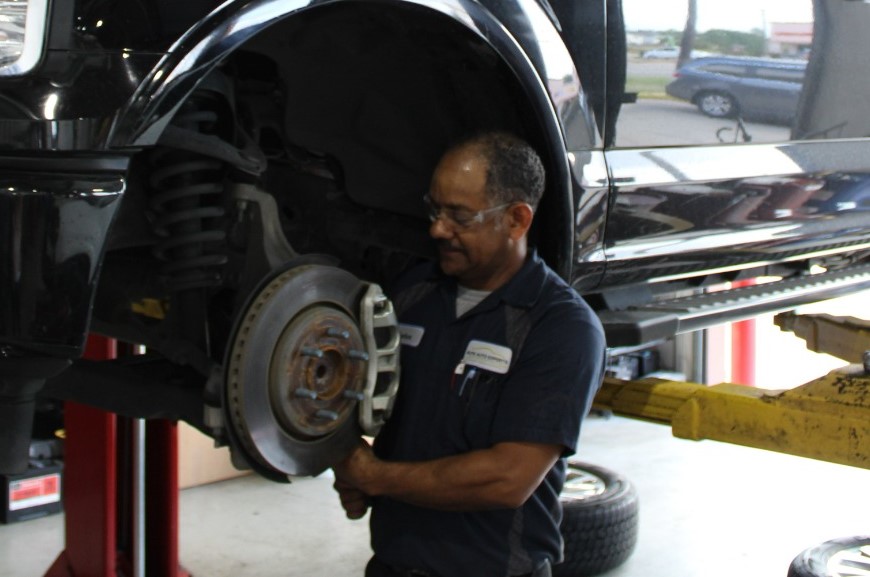
Different components work together and create the friction necessary to stop your car safely and quickly. As these parts wear down from use over time, they become less effective at stopping. These parts include Brake lines. Most cars have a hydraulic system pressure. This system uses brake fluid to apply pressure onto your brake calipers when pressing the brake pedal. Brake pads. This is a component of the disc brakes made from different metals with friction material attached to the surface, the brake pads work by pressing against the rotor and creating the friction necessary to slow and stop the car. Rotors. They are bowl-shaped and attached to the wheel. When you step on your brake pedal, your vehicle's brake pads are compressed against the rotor creating friction. Calipers. The brake caliper houses your car's brake pads and pistons. They squeeze the brake pads against the rotors to slow and stop the car. Signs your brakes and rotors need replaci ... read more
Posted on 1/25/2023
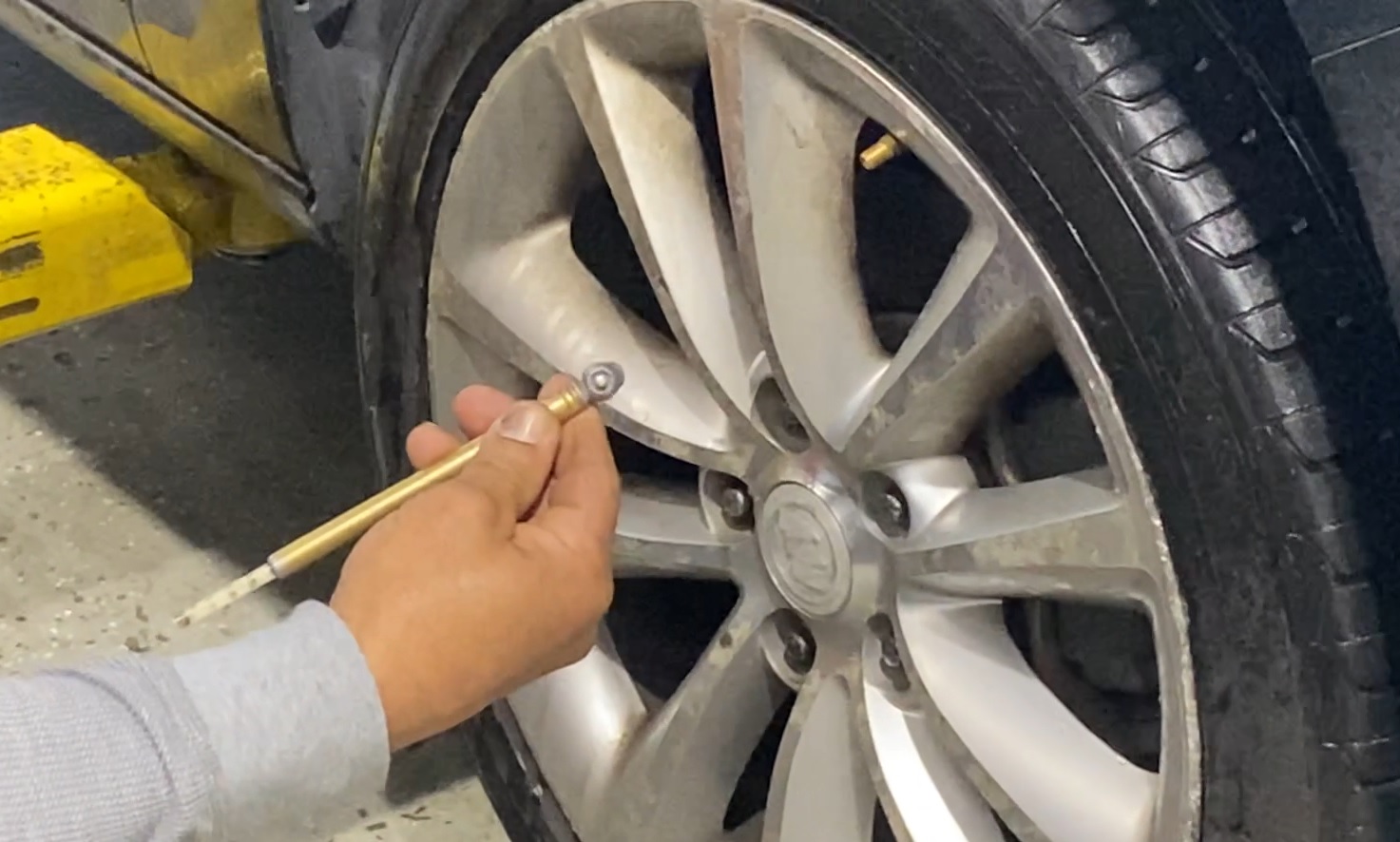
Did you know that your tires can lose air pressure without you even noticing? You could be cutting down on your car's performance If you're not checking your tire pressure regularly. Check the pressure every two to four weeks, and always before traveling or if you're carrying additional loads. Tires without the right amount of pressure in them tend to wear out faster. Could also lead to collisions, crashes, and a general loss of control over your vehicle. There are several reasons you need to check the pressure in your tires. Some of the most important are: Optimize tire performance and fuel economy Enhance durability and performance Bypass sidewall flexing and tire squirm Evade heat and rolling hazards Responsiveness, traction, and handling Checking your air pressure is easy; all you need is a tire gauge. When you close the valve of the tire, the gauge will display the Pounds per Square Inch (PSI). The proper PSI is usually slightly different f ... read more
Posted on 1/17/2023
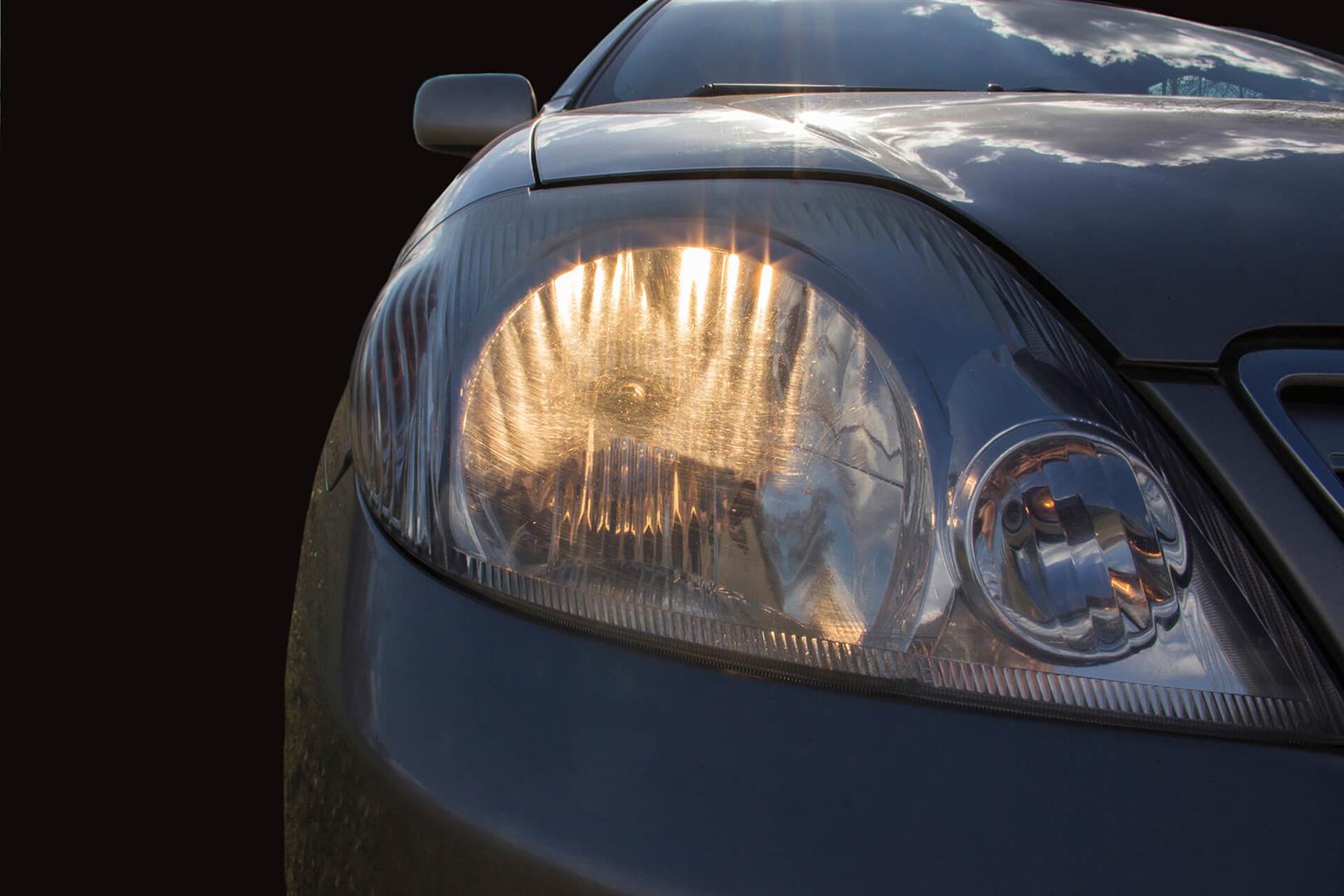
Headlights are an essential component of your car. As it helps you see outside it also helps alert other drivers of your presence on the road. If your headlights seem dim, there may be an underlying problem that needs to be corrected. Below are 5 reasons why your headlight might be dim. 1. Bad Bulb: A bad bulb is the first cause of a dim headlight to be considered. Headlights don’t blow out, they dim over time, and rarely do both headlights dim at the same rate. 2. Bad Alternator: A common explanation for faint lights in your vehicle is a weak alternator. A damaged alternator will only cause the lights to dim or flicker when the car is on. This is because the alternator charges the battery, and if it stops charging while driving, the battery will drain. If you notice that the lights brighten and dim as the engine revs up and down, the alternator should be checked immediately. 3. Bad Ground: A bad ground can result in lower than required voltage being delivered to your ... read more
Posted on 1/10/2023
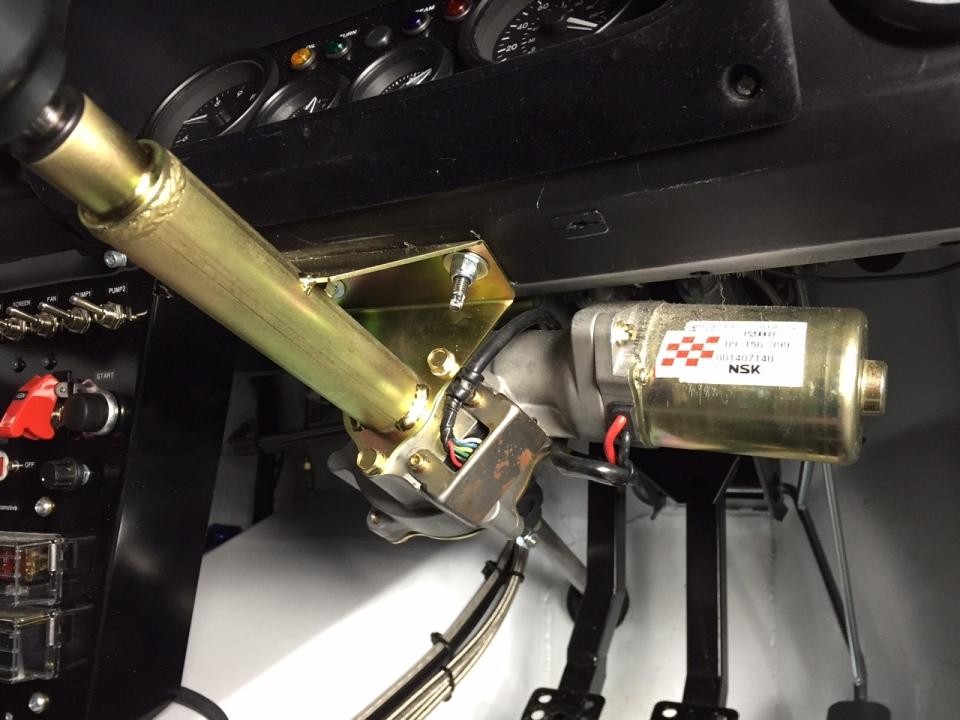
Power steering allows the driver to steer the car without applying a lot of force, some vehicles use hydraulic power, and others use electric motors. An electric power steering system deals with sensors and electronic control units, so it needs calibration and programming. After the physical inspection of the electric power steering system, the auto repair shop needs to implement a new diagnosis process including using the scan tool and troubleshooting the electrical components for the power steering system. Symptoms for electric power steering failure: Vibration and pulsation when turning the steering wheel. EPS Warning lights are on. Hard to steer left or right. Whining noise coming from the power steering motor. Vehicle pulling in one direction. Causes for electric power steering failure: Damage to electronic power steering control unit. Bad sensors like steering angle sensors and vehicle speed sensors. Failing electric motor. The system needs calibration ... read more